Health Benefits of Citrulline
While the human body makes citrulline, some people increase their numbers by eating foods with the nutrient in them. Some people may also take citrulline supplements to improve athletic performance. Supplements go by a couple of different names: L-citrulline and citrulline malate. Citrulline malate is a mix of citrulline and DL-malate, a compound that may help turn food into energy.
Health Benefits
While citrulline is necessary for the urea cycle, it also has a few other benefits as well. One of the biggest benefits associated with the amino acid is that it promotes vasodilation, the widening of your blood vessels.
What is citrulline?
L-citrulline is one of the three dietary amino acids in the urea cycle, alongside L-arginine and L-Ornithine. Taking L-citrulline increases plasma levels of ornithine and arginine and improves the ammonia recycling process and nitric oxide metabolism. Consequently, it is used in areas where nitric oxide is relevant, namely athletic performance, and vascular health, and erectile dysfunction. There are very few foods that have notable amounts of citrulline, watermelon being a notable exception.
What are citrulline’s benefits?
In general, much research suggests a modest reduction in blood pressure and improvement in blood flow from chronic citrulline supplementation, particularly for those with hypertension and other cardiovascular problems. Limited research suggests an improvement in power output, a reduction in fatigue and improved endurance for both aerobic and anaerobic exercise. Many of the studies have used acute citrulline supplementation, and it’s possible that there’s an effect there, but benefits are more likely to be found from chronic supplementation. More research for erectile dysfunction but a small amount of research is supportive of a beneficial effect. There’s more positive research for arginine, and citrulline increases arginine levels so it’s plausible that it’s also effective for this purpose.
What are citrulline’s side effects and drawbacks?
It’s not known to have notable side-effects, though more research is needed to confirm its long-term safety when taken in high doses. Unlike L-arginine and L-ornithine, very high doses don’t seem to result in gastrointestinal upset.
Is arginine or citrulline better?
A small amount of research suggests that taking citrulline will lead to higher and more consistent arginine levels than taking arginine. Citrulline is very readily converted to arginine as needed, and it is also better absorbed than arginine, which not only makes it a better source of arginine for the body but can mean a lower rate of gastrointestinal upset than arginine when taken in high doses.
What is citrulline malate?
Citrulline bound to malate, an organic salt of malic acid, an intermediate in the citric acid cycle. It is the most researched form of citrulline, and there is speculation about an independent role of malate in producing performance benefits, but there’s insufficient research to compare citrulline malate to L-citrulline directly. Citrulline malate can be taken in the dose used in studies, but it’s important to keep in mind that 1.76 g of citrulline malate is needed to about 1 g of citrulline.

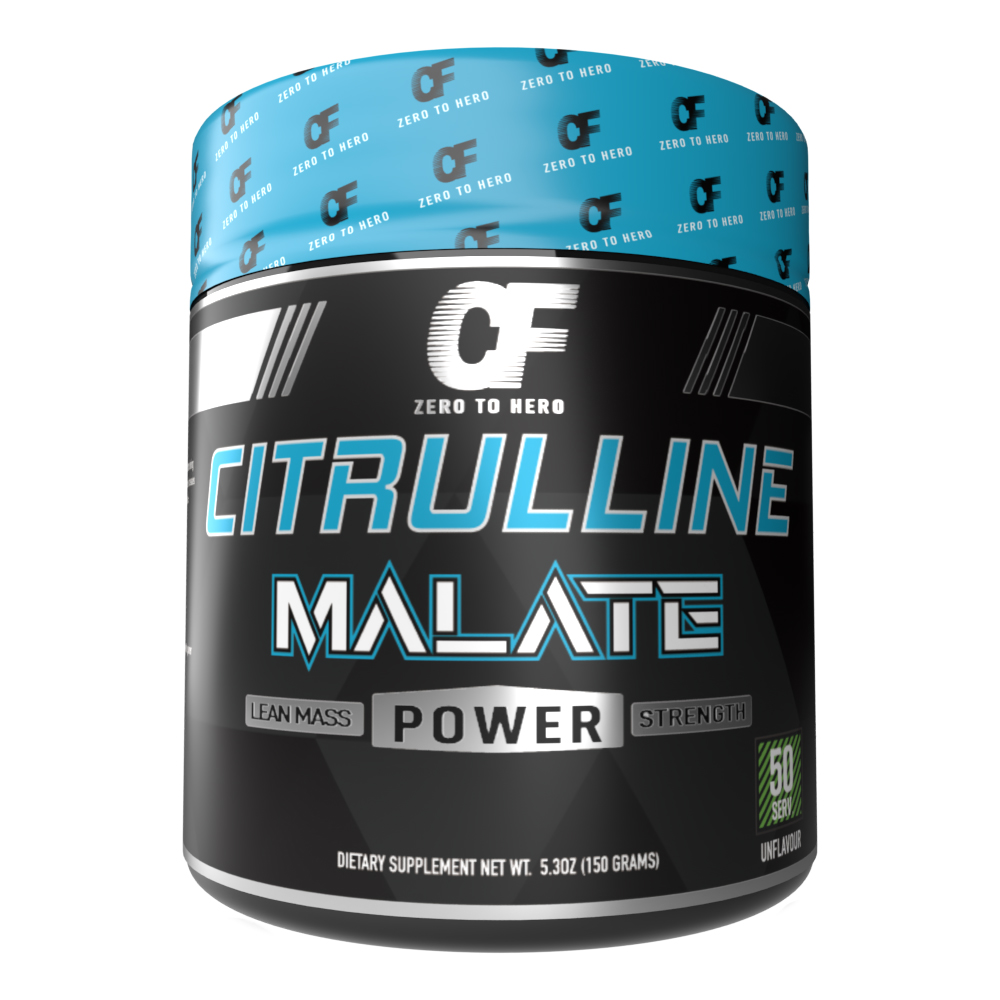

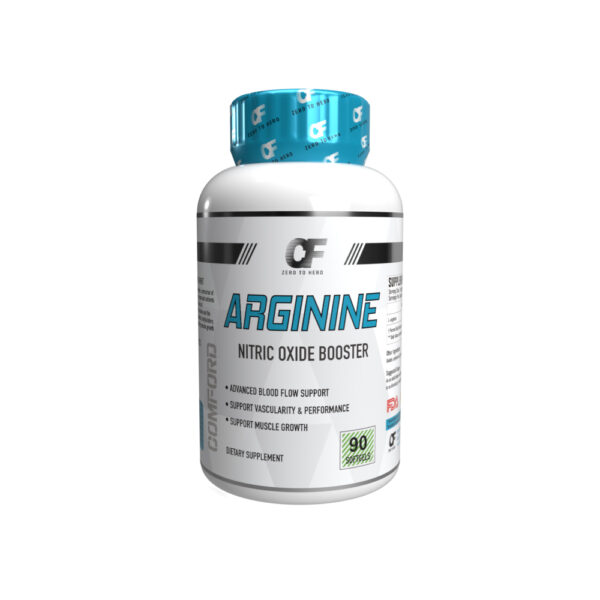


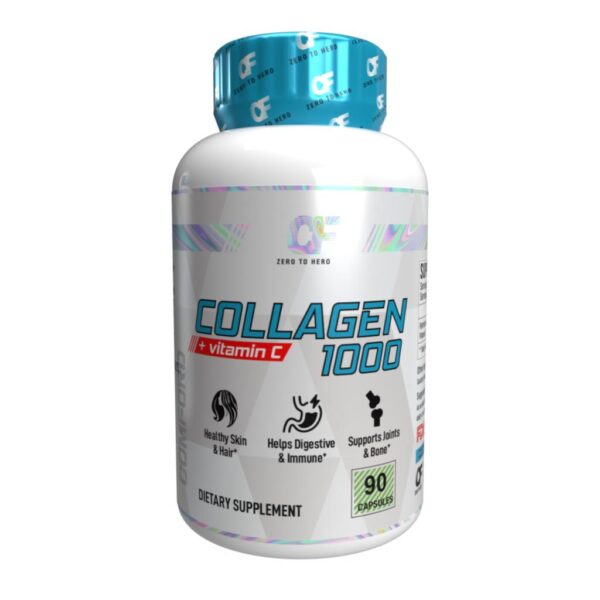
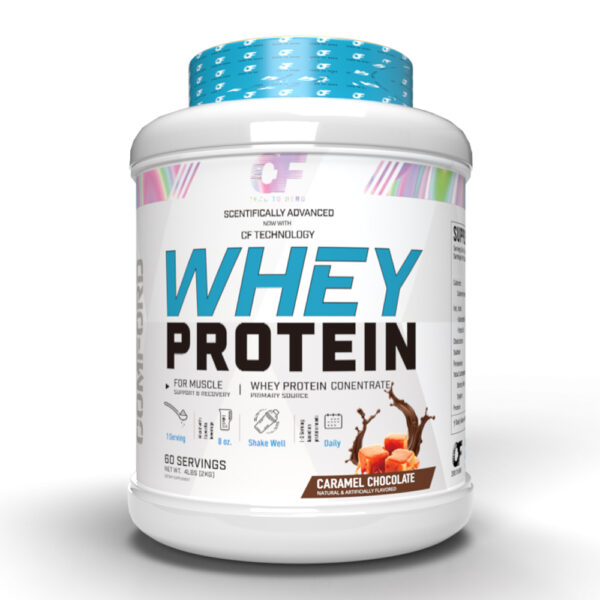
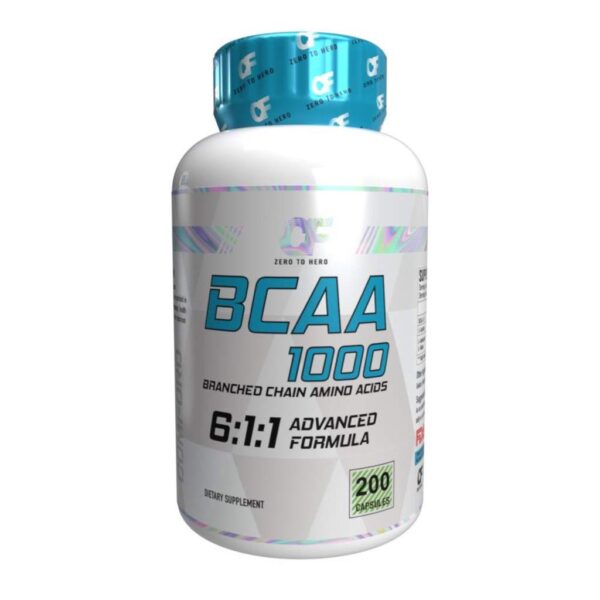
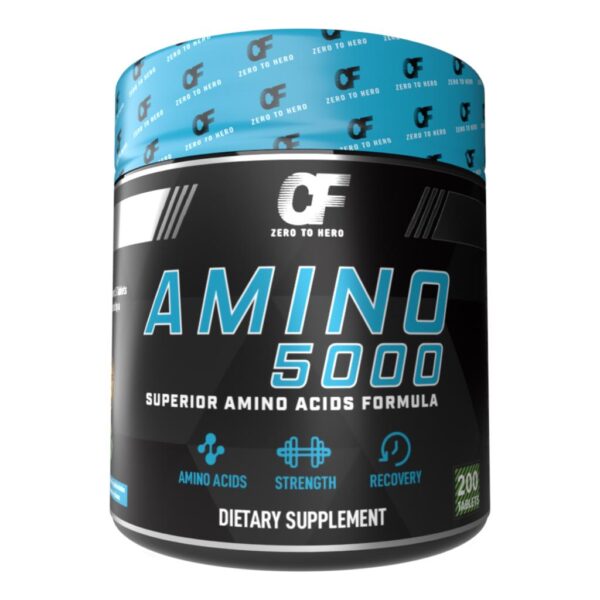

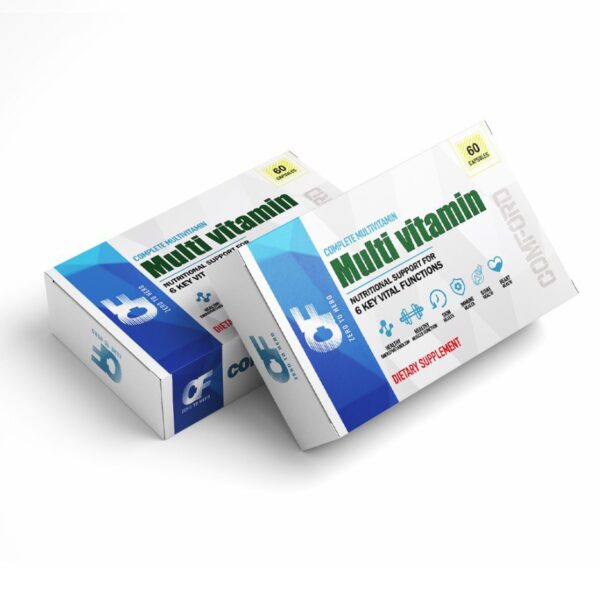
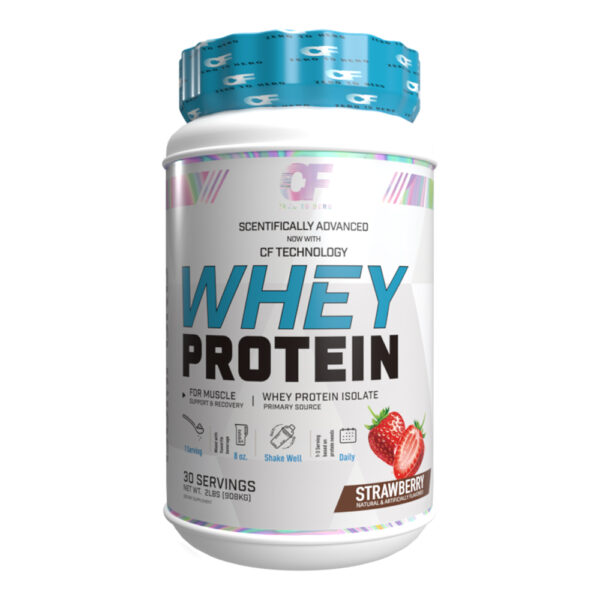
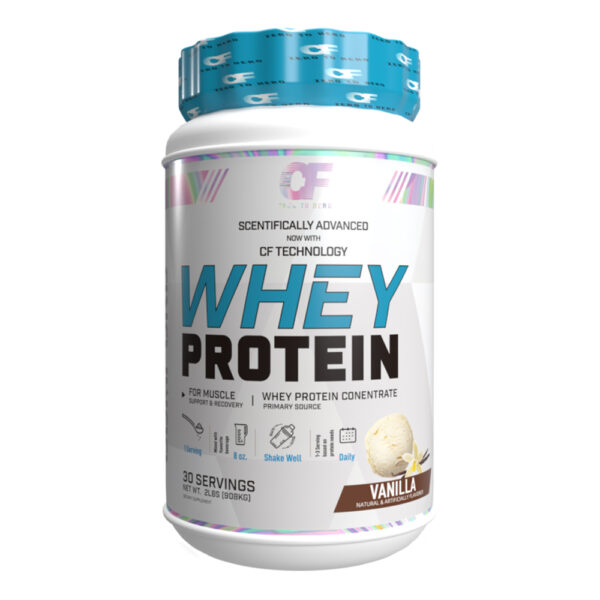
Reviews
There are no reviews yet.